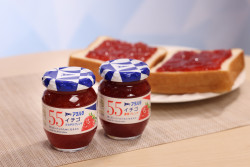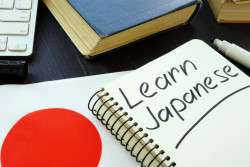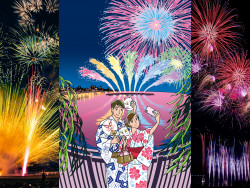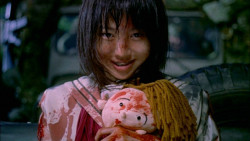
Originally published on metropolis.co.jp on May 2014

It’s hard to engage in any sort of online discussion about job-hunting or life in Japan without stumbling across some snarky remark about the eikaiwa industry. Countless articles are out there exposing evil corporations for manipulating teachers and abusing their wide-eyed desire to have an adventure in Japan. I can see why: If you calculate how many hours you spend making money for somebody else, it sounds pretty bad. In fact, it sounds horrible. It sounds like a job.
It’s safe to say that most people in the eikaiwa industry won’t define themselves as English teachers. They’re travelers, writers, artists, photographers, musicians, filmmakers—or even just fans of these things. Any title is better than “English teacher.” I remember a scene from a house party. As I sat talking to a girl, she asked me, “Are you an artist?” I nodded and began to expand triumphantly until a drunken voice behind me interrupted with, “He’s an English teacher!”
As much as many English teachers in Japan would like to be defined by their hobbies and dreams, it’s not so easy to sell. Movies set in LA or New York will show you the attractive young lead doing dishes just so he or she can get home and work on his or her passion project—that’s cool. That’s romantic. Yet in Eikaiwa: The Movie you wouldn’t see the character humanized by his desperation: you’d see a guy in a suit talking about natto and chopsticks. But just because it’s too mundane to be filmed doesn’t mean it’s a bad job.
There aren’t many jobs that give you a chance to be connected to such a wide range of people (students, children, adults) on a daily basis. At its best it’s like an unrecorded podcast: I’ve met novelists, actresses, psychotherapists and doctors, discussing their professions to a depth I’d never otherwise have had the chance to experience. I’ve learned about game design from a Konami developer working on Metal Gear Solid and discussed the 1970s Sekigun-ha (Japanese Red Army) radical student movement with someone who was a part of it. It’s stimulating, gets you out of your own headspace, and can even be therapeutic.
It also has the added bonus of giving you a chance to pursue your hobbies and passions stress-free. The alternative path I was on—a high school teacher back home, with its difficult parents, strict curriculum, troublesome pupils and huge class sizes—wouldn’t provide me breathing space to enjoy my free time the way I can here.
I’m not sure why eikaiwa, specifically, is the target of so much virulent negative attention. Sure, the industry works to edge every possible advantage out of staff and students, but put almost any job under a microscope and you’ll see the people involved are dehumanized. Nobody zones in on bartenders and exposes all the ways they’re abused and forced to work unsociable hours for little pay. Most people doing the job know what they sign up for, take it for what it is, and try to find joy in the rest of their lives. I once got talking to an accountant who urged me to join him in accountancy, but he missed the point: a mind-numbing career with numbers doesn’t appeal to me either. I never had a career in mind. I always avoided responsibilities, and eikaiwa teaching is a job where that’s kind of OK.
There are many patronizing voices out there intent on reminding you that you’re on the lowest rung of the ladder in Japan, but the lowest rung has its perks. The salary is enough to live relatively comfortably in the most expensive city in the world, with fairly long holidays and little to no overtime.
I’ve been reminded countless times that only a small percentage of the money generated by my work makes it to my paycheck. Yet this is a painful part of life for a large number of professions, not just teachers in eikaiwa schools. If you can use your job as a platform for enjoying life—be that through study, hobbies, self-improvement or travel—I’d take that over raking in cash and having no time to do anything with it.
Want to have The Last Word?
Send your article to: editor@metropolis.co.jp







